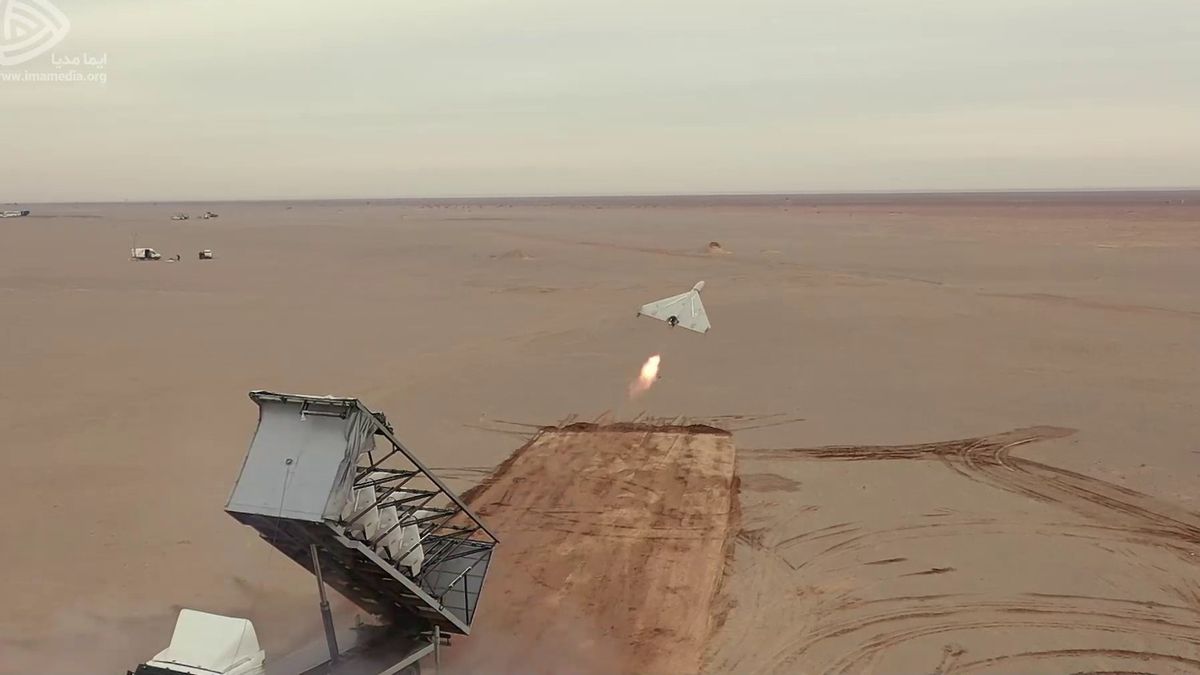JAKARTA - Iran is preparing for a massive shipment of 1,000 missiles and drones for Russia that will significantly assist Moscow's war in Ukraine, a report said.
The Russian campaign will come with a huge boost with the delivery of hundreds of kamikaze drones and, more worryingly, a short-range ballistic missile supplied by Tehran, experts told The National, as reported November 2.
The delivery plan will certainly be closely monitored by Western intelligence, with this going to be Iran's first chance of exporting surface-to-surface missiles.
The type that is thought to be sent is the Shahab or Zolfaghar missiles. The weapons are expected to arrive in Russia before the end of this year.
Military experts told The National the new supply line meant Russia could not be 'arranged' from the war, as Iran had significant missile supplies.
"Iran has developed large numbers of short-range ballistic missiles and supplied the technology to the Houthis (in Yemen), they also used similar technology in attacks on US bases, so we had previous knowledge of what they could do," explained Sam Catir-Evans of the think tank Rusi.
The new missiles will also allow Russia to "continue to target Ukrainian populations with greater mortality and damage" in the coming months, he added.
Furthermore, it will also allow Moscow to "fille a hole during winter" when trying to recharge its depleted missile supply, complicated by international sanctions.
Iran is said to have exported about 450 Shahed drones used by Russia to terrorize civilian residents and destroy Ukraine's power grid.
Shahed-136 has a range of 2,000 kilometers carrying a 40 kilogram warhead, although Kyiv claims to have shot down more than 300 slowly moving aircraft.
Robert Oleh, the US envoy to Iran, told CNN on Monday that drones were used to "target civilians and civilian infrastructure", as reports of arms shipments also surfaced at The Washington Post.
He added: "We know that Iran, in the presence of all this evidence, continues to lie and deny that it happened."
Not only that, Iran played a high-risk game by sending military personnel to the annexed Crimea, to train Russia in piloting drones.
The policy has affected failed negotiations to reimplement a nuclear agreement with the West in exchange for lifting sanctions.
Meanwhile, Iran has denied supplying weapons to Russia, with an official previously declaring "not yet and will not" do so.
The English, Chinese, Japanese, Arabic, and French versions are automatically generated by the AI. So there may still be inaccuracies in translating, please always see Indonesian as our main language. (system supported by DigitalSiber.id)













